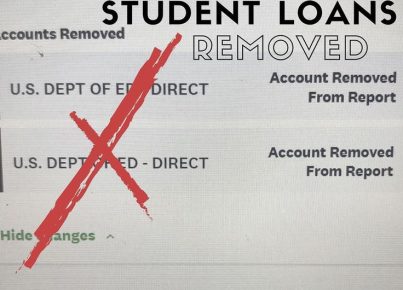Introduction:
Personal values play an essential role in shaping one’s beliefs, attitudes, and goals. It is crucial to help students identify their personal values early on as it enables them to make sound choices and lead fulfilling lives. Here are 23 useful activities that educators can use to facilitate the identification of personal values in their students.
1. Value Reflection: Have students write down their top 10 personal values and reflect on why they chose these specific values.
2. Personal Code of Ethics: Encourage students to create their own personal code of ethics based on their values.
3. The Values Collage: Provide magazines, newspapers, and images from the internet for students to create a collage showcasing their values.
4. Prioritizing Values: Have students rank their values in order of importance to them personally.
5. Role Models: Ask students to identify role models who embody the personal values they admire.
6. Conflict Resolution: Teach students how to handle conflicts while respecting their own and others’ values through role-playing exercises.
7. Group Discussion: Organize discussion sessions where students can share their thoughts on various topics related to values, such as honesty, trust, and empathy.
8. Case Studies: Present real-life examples and let students analyze them, providing insight into the importance of personal values in decision-making processes.
9. Journaling: Have students maintain a journal where they can record decisions they make based on their personal values.
10. Storytelling: Allow students to share stories about times when they relied on their personal values when confronted with difficult choices.
11. Debating: Conduct classroom debates over different value-based topics that promote critical-thinking skills.
12. Goal Setting: Guide students through setting goals based on their personal values for academic, ethical, or physical achievements.
13. Virtual Field Trips: Arrange virtual field trips to organizations that are known for upholding strong values, fostering discussion about the importance of such values.
14. Value Charades: Organize a game of charades where students must act out scenarios that represent particular values.
15. Gratitude Lists: Ask students to create gratitude lists, acknowledging people and experiences related to their personal values.
16. Empathy Exercises: Conduct empathy-building activities where students explore different perspectives and emotions.
17. Guest Speakers: Invite guest speakers from various professions to discuss how personal values impact their careers and lives.
18. Story Swap: Partner students and have them discuss scenarios where they made decisions based on their personal values.
19. Value-Driven Choices: Create worksheets with scenarios requiring value-based choices, encouraging students to differentiate between right and wrong.
20. Personal Mission Statements: Guide students in writing personal mission statements that incorporate their values.
21. Values Interview: Pair up students for interviews about each other’s personal values and how they reflect who they are as individuals.
22. Stress Relief Strategies: Teach stress management techniques rooted in personal values, such as meditation and mindfulness practices
23. The Value Shield: Allow students to design a “value shield” reflecting their top personal values, creating visual reminders for living by them daily.
Conclusion:
These 23 engaging activities will help your students discover and identify their personal values in interactive ways while allowing them to reflect on how these principles guide their decision-making processes and actions throughout life. Each activity supports emotional intelligence development, self-awareness, and positive decision-making skills that will benefit them long beyond the classroom setting.





